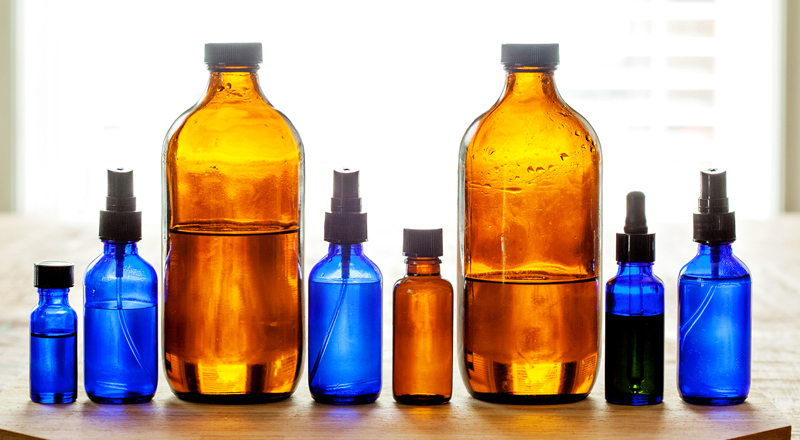Tips for Managing Eczema

During changes in season, like Summer into Fall, people can feel the fluctuations in temperature aggravate certain symptoms; coughs, colds, headaches, and more often than not – really dry skin. Eczema often begins to rear it’s head come November, when the air becomes dry and brisk. The question below has been posed time and time again, so I thought I should shed some light on Eczema.
Q – I have suffered from eczema on and off my whole life. Now the weather is changing I am starting to notice it flare up again. Is there anything holistically, through my food I can do to help this?
A – Great question, and a very common one that I hear in my practice. Eczema is an inflammation of the skin with redness, scales and thickening, and most often fluid-filled blisters that can ooze and crack. There are a few key dietary steps that you can take that can help decrease the effects of eczema:
- Increase your essential fatty acids (EFA’s) – your body needs EFA’s to build new cells and repair those that are damaged. It also needs them to produce prostaglandins, which reduce inflammation and so will help to soothe any discomfort. Try taking a mix of omega-3 and Omega-6 in capsule or liquid form.
- Increase alkalizing foods – all of the biochemical reactions in our body require a stable pH or acid-alkaline balance in the body to function normally. Sugar, caffeine, meat, alcohol, refined white flour and stress tend to push us towards an acidic state, in which eczema will flourish. Some of the best alkalizing foods to try are asparagus, onions, parsley, broccoli, garlic, okra, squash, greens, green beans, celery, sweet potatoes, lemons, limes, mangoes, figs, apples and pears.
- Avoid Allergens – Any food sensitivities or allergies will compromise the immune system, creating inflammation and chemical reactions in the body that can lead to or worsen eczema. The biggest offenders are any form of cow’s dairy and wheat. Avoid them completely. I strongly recommend looking into food sensitivity testing.
- Support liver function – the liver eliminates toxins. If it is overworked, it produces excess heat, which is released onto the skin, creating inflammation, leading to eczema. A few things you can incorporate to support liver function: drink warm lemon water upon waking, drink 2-3 litres of filtered water per day, try some liver supporting teas such as Milk Thistle or Dandelion Root and consume more dark leafy greens. For a more in depth liver supporting protocol, please contact me directly.
Got a Question? Leave a comment below, or >>join my private Facebook community<<
